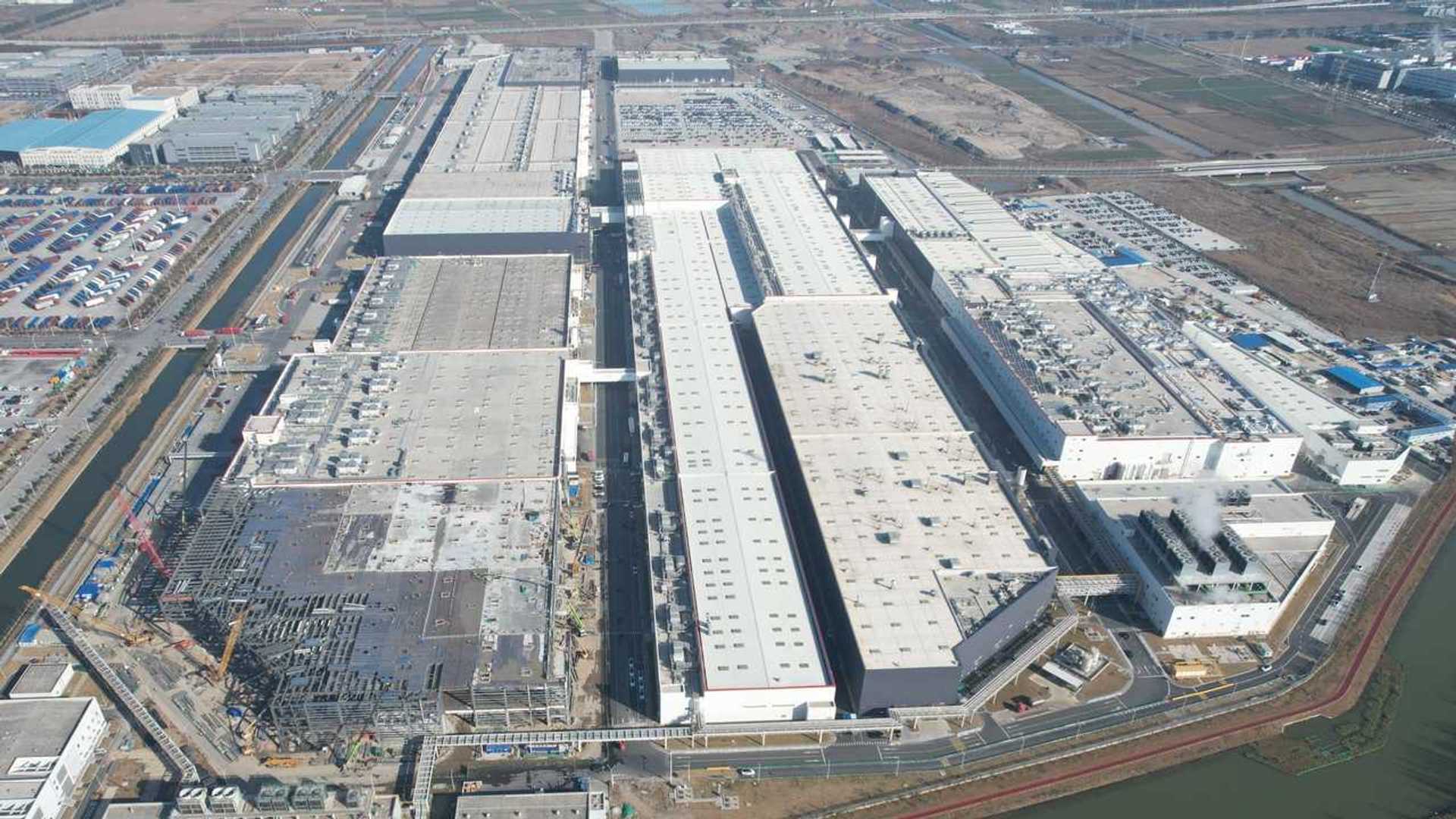In the evolving landscape of international trade and geopolitics, the forthcoming discussions between the United States and China are eliciting considerable anticipation across various sectors. Investors, policymakers, and industry leaders are particularly focused on how the negotiations will address ongoing trade tensions and technological competition. Notably, the electric vehicle market is poised to undergo significant changes in light of these talks, with major players like Tesla announcing aggressive strategies for market expansion.
The significance of the US-China talks cannot be overstated. For several years, relations between the two countries have been characterized by tariffs, restrictions, and regulatory challenges that have affected a wide range of industries, including technology and automotive sectors. As both nations seek to navigate these turbulent waters, stakeholders are hopeful for concrete outcomes that may alleviate tensions and foster a more collaborative economic environment.
Tesla, a leading figure in the electric vehicle (EV) industry, has shown a keen interest in capitalizing on any potential shifts resulting from these discussions. With the Chinese market representing a massive opportunity for sales and growth, Tesla is strategically positioning itself to establish a more pronounced presence. The company is known for its innovative products, operational efficiencies, and aggressive marketing tactics, all of which it plans to leverage as it seeks to penetrate deeper into the Chinese market.
The company’s approach reflects its understanding of the competitive landscape in China, which is home to numerous domestic EV manufacturers that are rapidly gaining traction. Tesla’s reputation for producing high-quality vehicles has made it a respected name in the industry, but success in China requires more than just a premium product. To thrive against local competitors, Tesla is making bold moves that include ramping up local production, enhancing its supply chain, and tailoring its offerings to meet the unique preferences of Chinese consumers.
Central to Tesla’s strategy is its Gigafactory located in Shanghai, which plays a pivotal role in its operational framework. This facility not only enables Tesla to produce vehicles more efficiently but also serves as a hub for innovation and research, allowing the company to quickly adapt its models to local demands. By manufacturing vehicles within China, Tesla can mitigate import tariffs and logistical challenges that previously hindered its operations.
In addition to production, Tesla is aiming to strengthen its brand appeal through localized marketing campaigns and partnerships. The company recognizes the importance of engaging with Chinese consumers on a cultural level, promoting the features and benefits of its vehicles in a manner that resonates with local values and preferences. This localization strategy is particularly critical given the fierce competition from homegrown EV brands that have successfully captured market share by aligning closely with consumer expectations.
Moreover, the Chinese government’s support for EV adoption through incentives, infrastructure developments, and favorable policies presents a favorable backdrop for Tesla’s initiatives. As China continues its commitment to reducing carbon emissions and promoting sustainable transportation, Tesla’s offerings align with governmental goals, further enhancing its positioning within the market. However, the evolving regulatory framework poses challenges that require continuous monitoring and adaptation by Tesla and other companies operating in this space.
While the immediate focus remains on the US-China discussions and their potential outcomes, investors are closely observing how these dynamics may affect Tesla’s stock performance and overall market influence. Analysts are evaluating the interplay between geopolitical developments and company-specific strategies, recognizing that successful navigation of these factors is crucial for Tesla’s sustained growth.
As discussions between the US and China unfold, the broader implications extend beyond Tesla and the electric vehicle market. The outcomes may significantly impact global supply chains, trade agreements, and international corporate strategies across various sectors. Stakeholders are keenly aware that the decisions made during these talks could either facilitate a more integrated global economy or exacerbate existing divides.
In conclusion, as the market waits for pivotal discussions between the US and China, entities like Tesla are seizing the opportunity to refine their strategies and expand their operations aggressively. The interplay of international relations, local market dynamics, and corporate tactics will shape the future of the electric vehicle landscape in China and beyond. Investors and industry observers alike will be watching closely to see how these significant talks will influence both the trajectory of Tesla and the broader EV market, which is poised for rapid growth.



